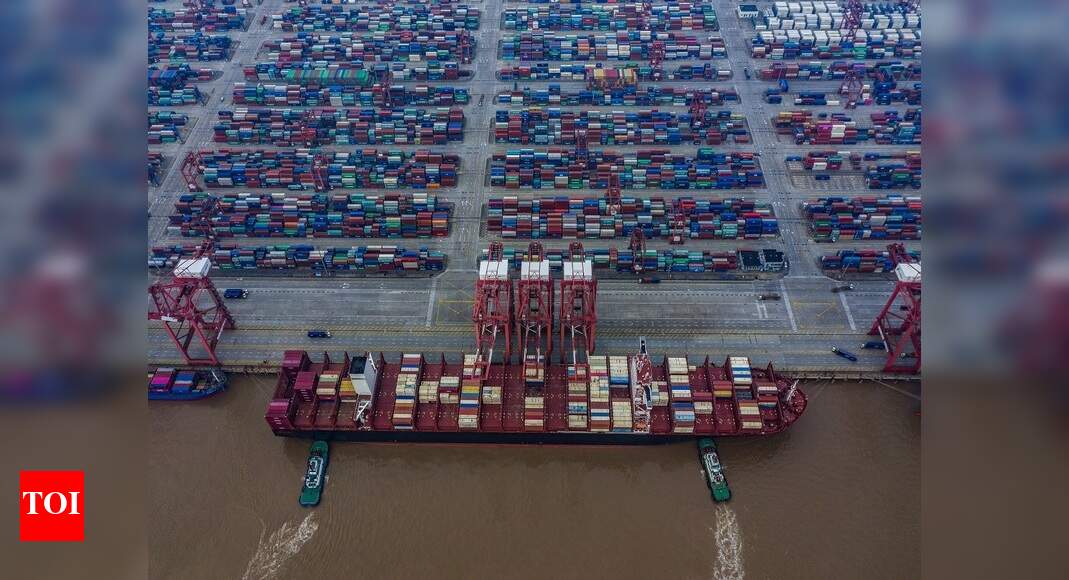first of all most of the measures you have suggested have already been used by India since our independence culminating in the catastrophic events of 1990 when our gold had to be mortgaged. Though admittedly these measures haven't been targeted against a particular country. So your suggestions of general measures won't work especially as more and more of the global trade is getting internationalized. In effect it will put India on backfoot if we adopt restrictive trade policies.
Now if were to take specific measures against China then two points come to my mind:
1. there will be some financial implications i.e Indian consumer will pay a little more for products which in the grand scheme shouldn't matter much. Or maybe we would be altogether deprived of some products. But this is just minor inconvenience on the alter of nationalism!
2. But i think this is a slippery slope and vested interests will start clamoring for protectionism in the disguise of make in India, swadeshi etc.
What i feel is that we shouldn't take half measures against China where we are selective in taking actions against Chinese businesses. What message does it give? Are we at war with China? Is China our enemy? If yes then why this selective approach? Why are BBK Electronics Corporation and other Chinese companies selling their phones but some Chinese app are banned? Can't these phone manufacturers steal data of Indian customers? This is the premise US is using against huawei!
And the symbolism of banning some businesses wont work against China which due to its land size, population size and economic size will retain her eminence in International arena.
We all know that it is Trump in US who is making noises against China for the sake of his reelection. After the US elections it will be business as usual.
I am not entirely sure which points you are referring to. The economic crisis of 1991 was due to Balance of Payment Crisis which was due to
Soviet Union split into 15 nations. Exports suffered as they were the primary buyers.
Gulf war and 1990 oil price shock.
Some incompetent leaders and scams
Huge customs duty which was eventually reduced after Narasimha Rao took over.
Import Licensing
Production licensing etc.
Eventually a new leadership relaxed a bunch of these laws and macroeconomic stabilization policies which helped the economy to sustain.
The emphasis here is reducing dependency on China. As i mentioned earlier banning is impossible as per WTO rules and
not viable.
JSW group has already stated that they will stop annual imports from China which is around USD 400 million in the next 24 months.
West Bengal Trade association has stated that India will take a couple of years to manufacture goods as a substitute for Chinese items but they want an alternate supply source,
1. I agree that any measures taken will have a financial implication.
2. I don.t see anything bad about make in India or Swadeshi. We are loosing handicrafts.
3. We cannot just ban companies from any country cause we do not like it unless there is a valid reason like data theft, privacy issues, environmental issues. I have not used any of the apps that were banned but seeing some tiktok videos , i don't think it was bad lol.
We are not at war with China and neither are they our enemy currently, but India cannot be dependent on China and simultaneously have border tiffs with them.
What US did with Huwaei could just be a master stroke. Worlds 2nd largest smartphone maker blacklisted , lost ties with major companies. It is not in a very good position. Similarly if India can stop Huwaei from entering the 5G network in India, it is a big step.
Let China retain its international presence , but we must reduce dependency on them.
On a lighter note hopefully we see more Japanese , European, US brands here . 0 duties , let it be charged to Chinese brands



